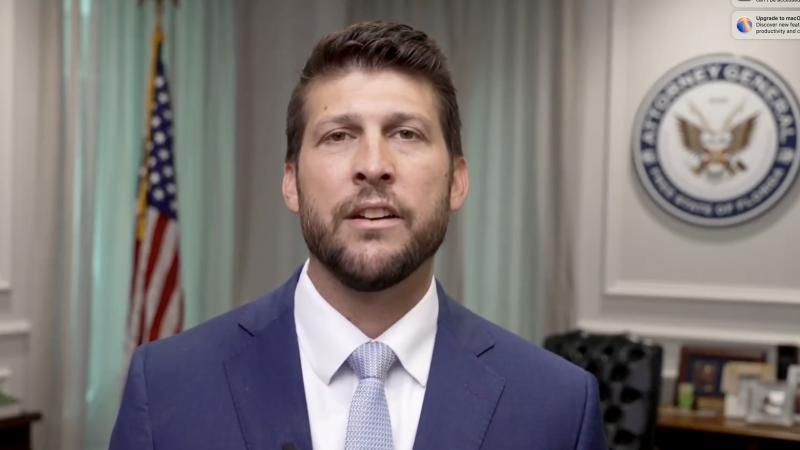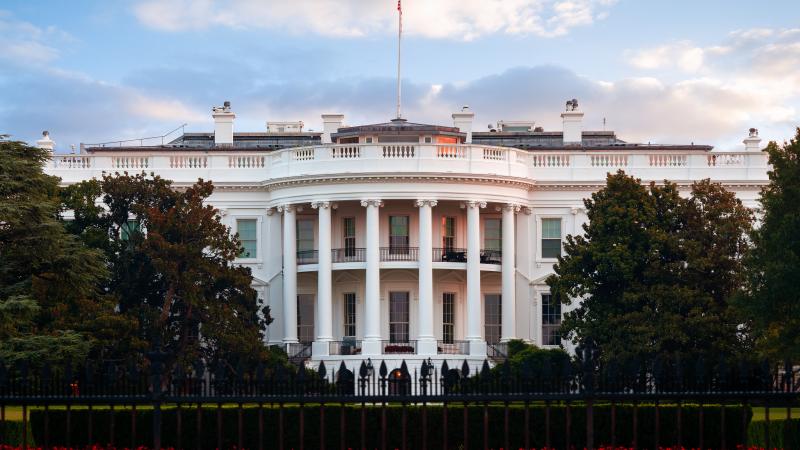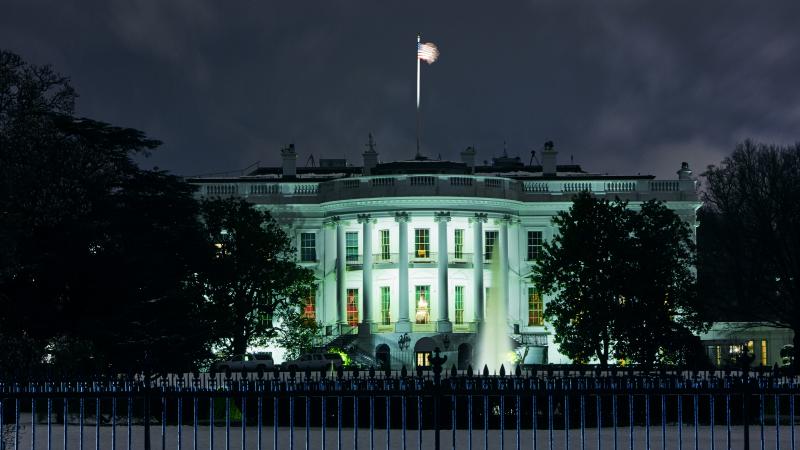California high school students seek aid despite the risk of deportation for a parent
Twelve percent of American children, or about nine million people, are citizens with at least one noncitizen parent, according to KFF, a nonprofit health policy research, polling and news organization.
(The Center Square) -
(The Center Square) — High school seniors continue to apply for federal aid in the face of deportation risks for their immigrant families.
With the rise of deportations across the country, California college-bound seniors faced a difficult decision this past spring. They had to decide whether to submit a federal financial aid application despite fear the government would use the personal information to identify parents who are illegal immigrants.
Twelve percent of American children, or about nine million people, are citizens with at least one noncitizen parent, according to KFF, a nonprofit health policy research, polling and news organization.
In order for students to apply for federal aid, their parents must put down their Society Security numbers.
This came after an agreement between the Internal Revenue Service and U.S. Immigration and Customs Enforcement to share tax information about immigrants without legal status.
A graduate of Hawthorne High School in Los Angeles, Janet, who was identified only by her first name in a Cal Matters story, said she and her mixed legal status parents were nervous as they completed the application.
“When we submitted the application together, they said to me, ‘This is for you Janet. This is for the future generations, and I hope we stay together,'” Janet said.
Alondra, a graduate of University High School Charter in Los Angeles, said she was stressed because some of her family does not have permanent legal status. But a counselor in the One Voice, a scholars program that supports low-income, first-generation students, told Alondra that her parents already share their personal information with the federal government when they file taxes.
“So, it’s like we already know that my parents are already in the system, so we just kind of hope that me submitting my FAFSA isn’t adding on to that risk,” Alondra said. She was identified strictly by her first name in the Cal Matters story.
According to the California Student Aid Commission, the number of applications from mixed-status families has not decreased as many had feared due to the revised financial aid form that did not require a parental Social Security number.
As of the financial aid deadline, May 2, there have been 35% more college-bound seniors from families with mixed legal status that have submitted a Free Application for Federal Student Aid compared to applications submitted last year.
Shelveen Ratnam, a CSAC spokesperson, said federal student aid should now be easier for mixed-status families.
“Now the concern this year has kind of been the federal landscape, the federal administration, given… all the increased immigration enforcement (and) the unprecedented data sharing between federal agencies,” Ratnam said.














